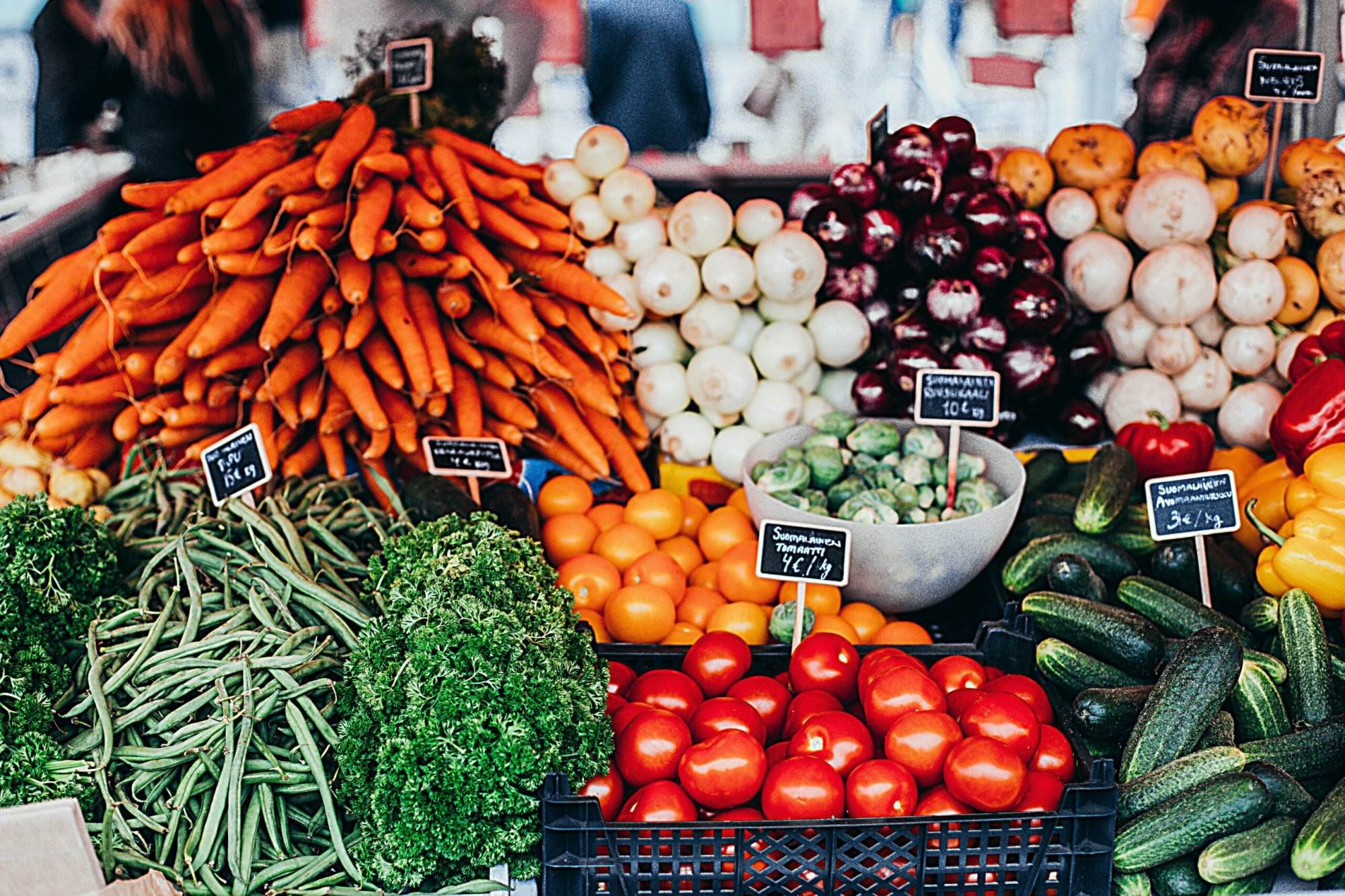Did you know as an individual, you can have a dramatic impact on the local economy by buying more regional food from local shops? In ShefFood’s new #sheftosilver campaign, to take the city from Bronze to Silver in the UK Sustainable Food Places Awards, they are encouraging shoppers to buy better and buy local where possible. It’s often cheaper for your household with healthier, quality food on offer, but it also has a broader economic benefit for the city region.
Economic Benefits of shopping local
Shopping local is an excellent way for you to invest in your local community. We all have a weekly shop to do, so if you don’t already, why not choose a more local option and help all of Sheffield thrive. There are many economic benefits to shopping local; the more people choose this, the more significant the impact.
Employ More People
While unemployment has dropped in Sheffield since the beginning of the pandemic, it’s still above the national average at 4.3% compared to 3.9%. Local businesses employ local people, so by spending more with these businesses, you can help them grow to the point they can take more people on. For example, smaller independent local food outlets create a job for every £46k turnover, which is three times the return on investment of supermarkets.
More Money Spent Locally
When we shop locally, we invest in businesses owned by members of our community. These organisations will be more likely to spend within the Sheffield region, so by shopping with their company, your money will continue to be invested in other local businesses. When we shop outside our local economy, those business profits are unlikely to be spent in Sheffield. A study in Northumberland County Council found that every £1 spent with a local supplier is worth £1.76 to the local economy, and only 36 pence if it is spent out of the local area. That makes £1 spent locally worth almost 400% more to the local economy!
Developing the local food economy
If we buy more locally produced goods and foods, we can grow the local economy as local businesses will be able to thrive. Not only will this generate city-wide revenue and increase employment, but it will also help Sheffield build a more extensive and resilient food system. Regional food producers can grow and make healthier, more affordable food options that protect the planet and reduce food waste.
How to shop local
If you’d like to use your weekly shop to help your community, here are some places that would benefit from your spending.
Local retailers
Your corner shop, local retailers and markets are all excellent places to help the local community. They often provide a wide range of products, many of which are made in the local area. For example, the Moor Market in the town is a fantastic place to shop locally. It’s packed to the brim with small independents who sell a wide range of vegetables, fish, meat, fruit, preserves, sweets and other ingredients, so you can buy everything you need in one place. But you don’t need to go into the city centre to support local retailers; there are countless shops in our city’s suburbs run by local people for their community.
Direct from Growers
Sheffield and its surrounding region have many small and medium-sized farms selling delicious fresh meats, fruits, vegetables, dairy products and preserves. Buying directly from farmers means your money goes straight to the grower, no middle man. This is often cheaper for your weekly shop and means the farmers keep all the profits of their hard work. Plus, you get Sheffield-grown food which will be super delicious!
But, you don’t have to go to a farm to get your weekly shop; many growers offer delivery service, collection through local shops or veg box schemes. Did you know that every £10 spent through a box scheme resulted in total spending of £25 in the local area? Another win for Sheffield!
Alternative Food Options
Thinking a little outside the box, you can help local food organisations that do things differently and still get your weekly shop. For example, The Food Works Sheffield is a terrific organisation that offers prepared meals, a box scheme, and a grocery market with all the food that would have gone to waste if not saved. Another way you may want to add to your weekly is by helping out at community gardens or allotments. With countless across the city, you can invest your time rather than money to help your local area and take home some delicious seasonal veg as a reward.
So, what do you think? Will you commit to spending at least £1 more weekly on local food, made and sold by local people?

